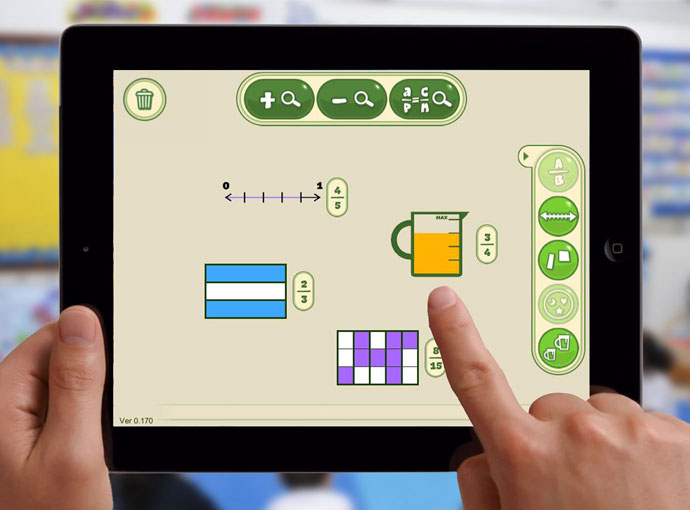What is the mobile revolution and what is its impact upon iTalk2Learn?
The recent advances in mobile technology are changing the main rationale of mobile devices from making or receiving calls to retrieving the latest information on any subject. New mobile technology, such as hand-held based devices, is playing a large role in redefining how we receive information and has become part of our daily life and is changing the ways people connect and interact.
What is the mobile revolution?
In recent years we have seen the outbreak of mobile devices; 2014 was the turning point, but the subsequent years are intended to bring more significant changes.
Mobile web adoption is growing 8 times faster than web adoption did in the nineties and early two thousands and this means that the development of these phenomenon is still not concluded and that in the upcoming years, probably, we will see a bigger growth.
Some recent survey on the behaviour of the use of mobile devices shows that this change is taking place even among children:
- The percent of children with access to some type of ‘smart’ mobile device at home (e.g., Smartphone, tablet) has jumped from half (52%) to three-quarters (75%) of all children in just two years.
- Among families with children age 8 and under, there has been a five-fold increase in ownership of tablet devices, such as iPads, from 8% of all families in 2011 to 40% in 2013.
- 72% of children age 8 and under have used a mobile device for some type of media activity such as playing games, watching videos, or using apps, up from 38% in 2011.
- The amount of time spent using these devices in a typical day has tripled, from an average of 5 minutes a day among all children in 2011 up to 15 mins a day in 2013.
- The percent of children who use mobile devices on a daily basis – at least once a day or more – has more than doubled, from 8% to 17%.
Mobile technology is changing the way we live, the way in which children are spending their time and play and it’s expected that it will affect the way we learn.
How it is affecting education?
At the moment, the spread of mobile devices is re-energizing the market of game-based learning, which is going through a renaissance and that is opening up a significant field of investigation.
Using portable computing devices (tablet and smart phones) with wireless networks enables mobility and mobile learning, allowing teaching and learning to extend to spaces beyond the traditional classroom. Within the classroom, mobile learning gives instructors and learners increased flexibility and new opportunities for interaction and cooperation.
How does this impact upon iTalk2Learn?
With the purpose of analysing the technical challenges involved and to measure the interest of teachers and students, we are currently working on a Mobile Version of Fractions Lab, which will be used in some studies in schools later on in the iTalk2Learn project.
We cannot reveal more for now, but we will get back with more news and insights soon. In the meantime, the picture here below is a sneak peek of the current status of the mobile version! Stay tuned and please provide us your comments here below.

References
- resources.mobify.com/50-mobile-commerce-stats.html
- We are social, European Digital Landscape 2014. Available at: www.slideshare.net/wearesocialit/social-digital-mobile-in-europa-2014
- Zero to eight, Children’s Media Use in America 2013. Available at: www.commonsensemedia.org/file/zero-to-eight-2013pdf-0/download


